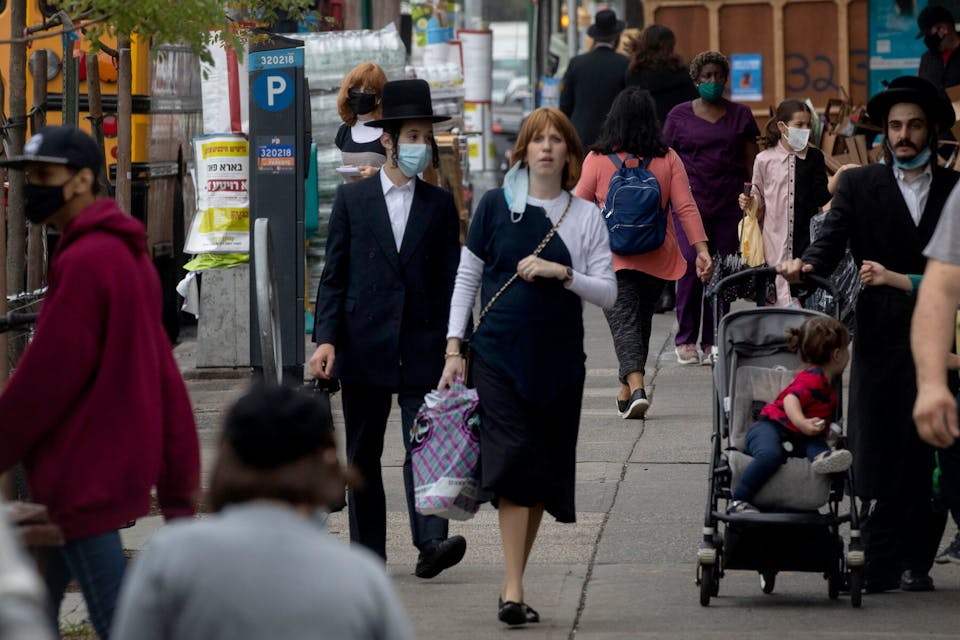
March 1, 2007
Of (Religious) Fences and Neighbors
By Rabbi Meir SoloveichikMutual respect means confronting differences, not erasing them.
In 2003, the Pontifical Biblical Commission, headed by then Cardinal Joseph Ratzinger, issued a document entitled “The Jewish People and the Holy Scriptures in the Christian Bible.” In it, the Church asserted its recognition that Jews and Christians wait together for an ultimate redemption even as the Church, for its part, understands that the redeemer has been here before.
Responding to the commission’s work, Rabbi James Rudin, the senior interreligious adviser of the American Jewish Committee, argued that it was not enough for the Vatican to recognize that Jews wait for the messiah. For there to be a genuine step forward in relations between the two faiths, the Church, wrote Rabbi Rudin, should declare its understanding that “the messiah’s identity [emphasis added] remains unknown, and Jesus, whom Christians believe to be the messiah, is not waiting at the end of days for Jews to recognize the ‘error of their ways.’”
Rabbi Rudin’s statement reflects one approach to “interfaith dialogue,” an enterprise that gained increased currency in the wake of the Second Vatican Council in the early 1960’s and that has since become a fixture of the American religious scene. In 1965, the council issued a statement entitled Nostra Aetate, in which the Church declared that the Jews as a whole were not guilty of deicide and that it was interested in engaging the Jewish community. For many representatives of Jewish organizations involved in the ensuing dialogue, it was considered sufficient to emphasize moral commonalities between the two religions and to focus debate on such issues as contemporary Christianity’s attitude to the state of Israel. As for matters of profound doctrinal or theological division, these were left to the side. Rabbi Rudin’s statement reflects a seemingly different but increasingly salient approach: when an offending doctrine—in this case, the core Christian belief concerning what will happen at the end of days—cannot be ignored, the solution is to suggest that it simply be dispensed with, or somehow relativized so that the faiths appear to be less in conflict.